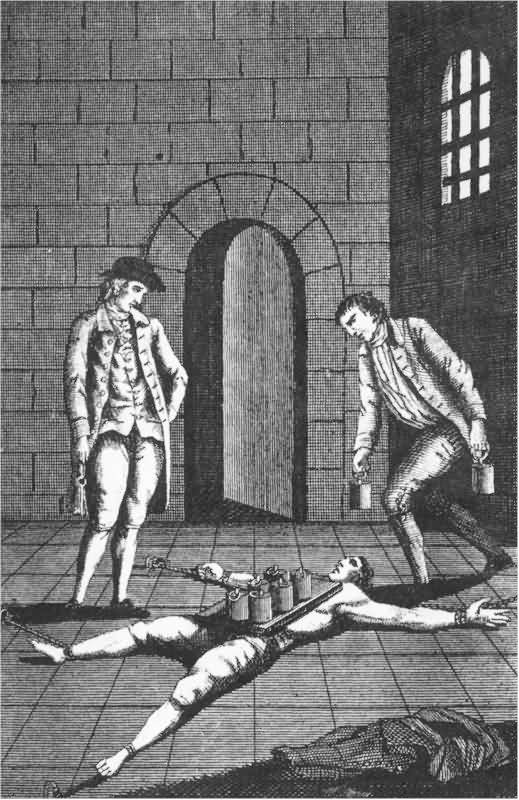
My Interest Surrounding Pirates and Navigational Tools
One of my biggest questions involving pirates has always been "well, how did they know where they were going?" It seems like a mundane question given the other exciting areas of piracy such as the stories of legendary buccaneers/pirates such as Sir Henry Morgan and Blackbeard. But it is still a valid question because -- well, how did they manage to intercept the ships they planned on boarding? How did they manage to not get lost at sea? What did they contribute to modern navigation? Did they invent any tools of navigation or expound upon their current inventions? Or did they simply use the same navigational tools as all other sailors?
It seems to be a question that is often left unanswered. And for that reason, I made it the topic of my research paper.
The difficult part was actually finding the sources for this information. Often, most websites tend to cater more towards pirate history rather than elaborating on some of the more distinct nuances such as navigational tools.
These are the following sources used:
http://www.fahrenheit-212.com/essential-innovation-lessons-pirates-gangs-smugglers/
http://www.waterencyclopedia.com/Mi-Oc/Navigation-at-Sea-History-of.html
http://www.cccoe.net/lifeatsea/student/navtools.htm
http://www.sea-thieves.com/education_pages/seathieves_edu_navigation.htm


.jpg/220px-King_Charles_II_(Lely).jpg)
